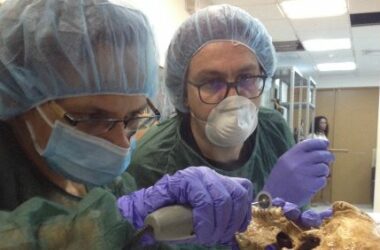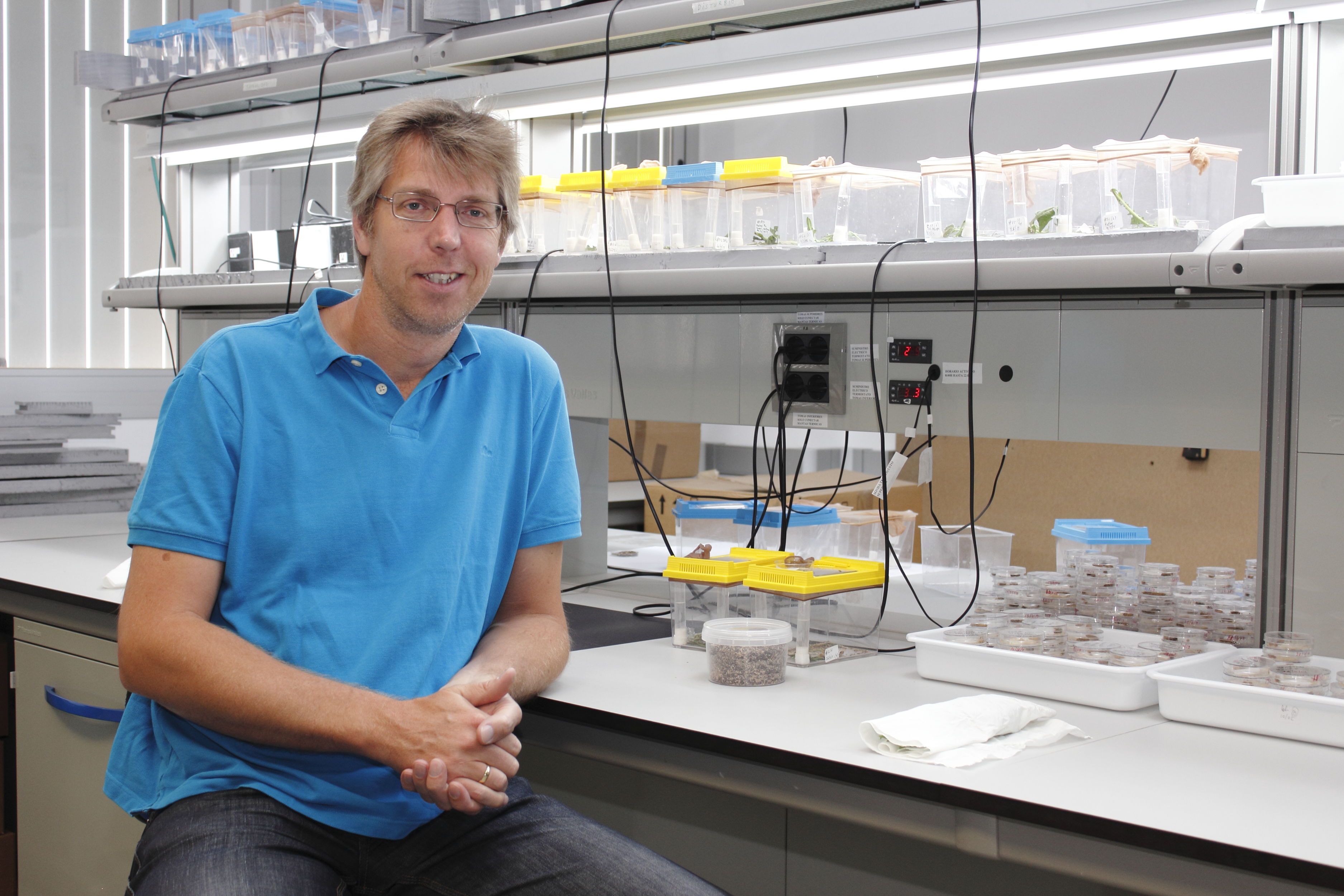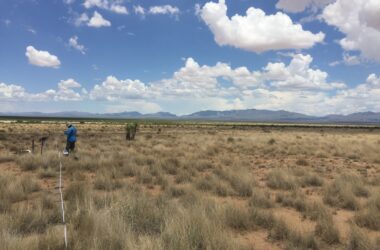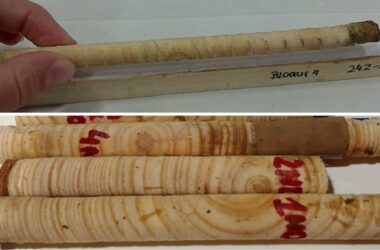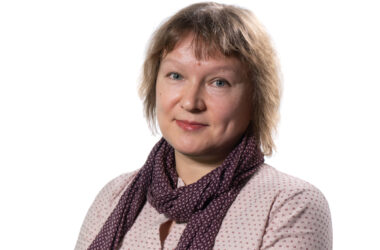Through its Research Support Service, the Library of the Universidad Pablo de Olavide has published the UPO’s Scientific Production Bibliometric Report for the five-year period of 2015-2019. The report, which was compiled with the bibliographic data from Web of Science and Scopus, shows that the volume of the university’s scientific production increased by around 20% in these five years and it places the standardized impact of the publications 36% above the world average (1.36), surpassing the average for Andalusian universities (1.26).
English
Universidad Pablo de Olavide – News in English
Advances in genetics shed light on the human history of the Isthmo-Colombian area from the last ten thousand years
Based on the analysis of DNA from present-day and ancient individuals on the Isthmus of Panama, an interdisciplinary research team, led from the Universities of Pavia and Pablo de Olavide (Seville), explains complex pre-Hispanic burials excavated in Panama City and highlights the genomic distinctiveness of the Isthmo-Colombian area. The research has also revealed a previously undescribed ancestry among ancient Indigenous peoples of the Americas, unique to the region and detectable in the ancient pre-Hispanic individuals as well among the self-identified descendants of current Indigenous, African and Hispano-Indigenous groups.
Lupin beans or fermented orange juice, potentially heart-healthy food
A group of researchers from the Universidad Pablo de Olavide, led by Soledad Fernández Pachón, implements biotechnology to identify plant-based food compounds which benefit the prevention of chronic diseases.
UPO Data Science & Big Data Lab designs a software for the automated detection of defects on airport runways
The research group Data Science & Big Data Lab from the Universidad Pablo de Olavide is designing a software for the automated detection of defects on airport runways. This tool will be used as part of a comprehensive solution called ‘Airport Pavement Inspection by Aerial Robotic System’, property of Soologic Technological Solutions S.L, a company with a vast experience in this sector.
Climate change is decoupling the global treelines growth from rising temperatures
This novel study lead by the Pyrenean Institute of Ecology (IPE-CSIC) and University Pablo de Olavide (UPO) in Spain, in collaboration with 22 institutions around the world has evidenced that trees growing at the upper or poleward forest limits, named treelines, showed growth enhancements coupled with temperature rise since 1980. The growing season length in these ecosystems is limited by[Leer más…]
A new study shows how invasive species change during biological invasion
Several scientific studies have shown how species that have been introduced by humans in new places are different compared to how they are in their native areas. Usually this is interpreted as an adaptation to the new place, whereby the change in the species occurs after its introduction. However, a new study published in the scientific journal Evolutionary Applications, led by a research team from the Pablo de Olavide University (Seville, Spain), shows that such differences already occur before the introduction, so that the introduced individuals are not a representative sample of the native population of origin. This finding thus questions the interpretations of previous studies and opens up the possibility of new management strategies to combat the negative impacts of invasive species.
Researchers from the UPO describe the effects of social inequality on academic language development
The study shows the relationship between social structure and the command of advanced language functions. Bilingual CLIL schools neutralise the effects of social inequality on educational performance.
New insights into the changes in ecosystem structure and function as ecosystems develops wordwide
A research team led by the Pablo de Olavide University investigated the changes in the structure and function of terrestrial ecosystem during millions of years of ecosystem development. The study published by Nature Communications advances our knowledge of the natural history of terrestrial ecosystems, and resolves one of the major unsettled questions in ecology: What are the major drivers of ecosystem structure and function at the global scale?
Genetic and geographic origins define how the Aleppo pine adapts to extreme weather events
The study led by INIA (Madrid) and CETEMAS (Asturias), in collaboration with the Pablo de Olavide University of Seville (UPO) and the University of Coimbra (Portugal), has proven that the adaptation strategies of the Aleppo pine against extremely dry or very humid years depend more on the genetic and geographic origins than on the local weather conditions.
UPO professor Olga Koreneva advises the EU on medical translation during the pandemic
Since April, Olga Koreneva Antonova, professor of the Area of Translation and Interpreting (German Philology) of the Pablo de Olavide University, is working as a volunteer advisor in the Directorate-General for Translation of the European Parliament in Luxembourg in the handling of medical terminology and translation in the EU framework during the pandemic caused by COVID-19.

